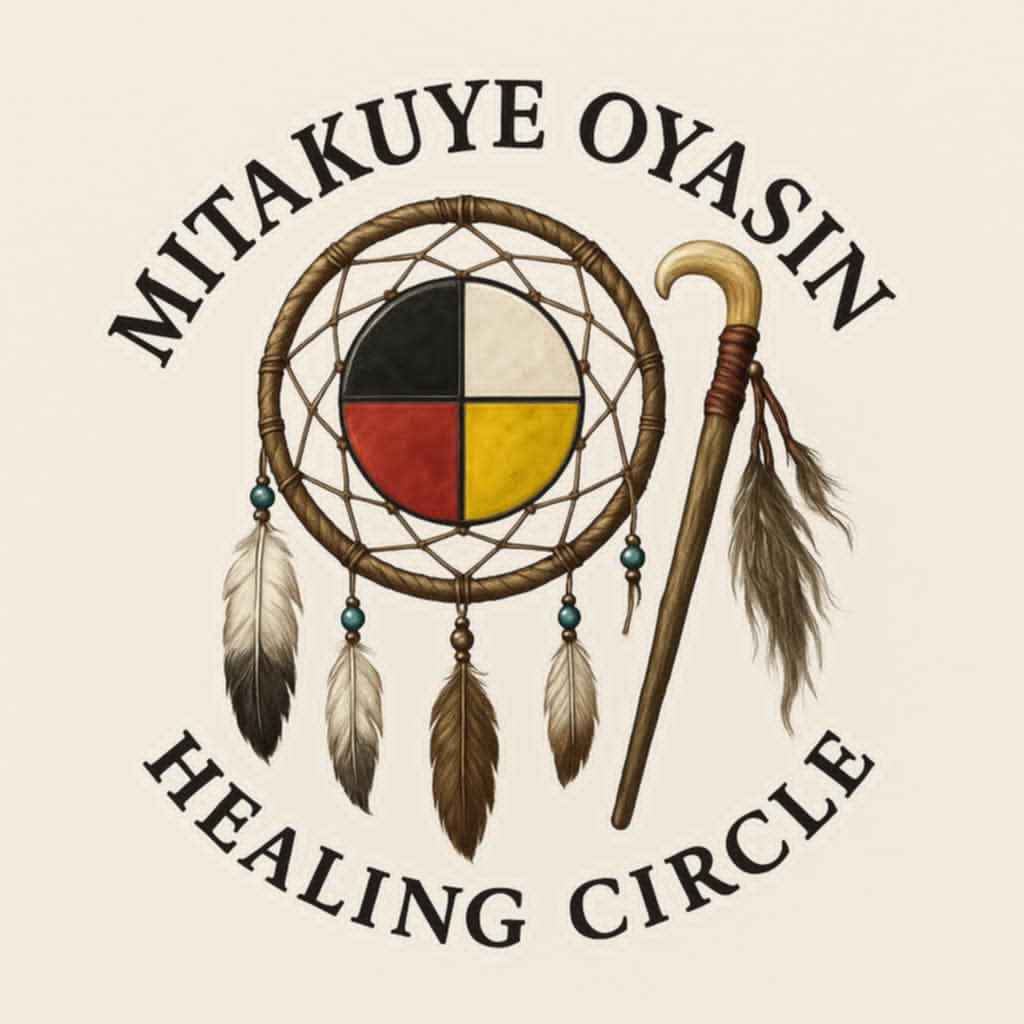Peyote (Lophophora williamsii) is a sacred cactus used for centuries by the Native American Church in ceremonial settings (Peyote Ceremony.) Its primary psychoactive component, mescaline, interacts with serotonin receptors to promote deep introspection and emotional awareness.
🛤 Addiction & Alcoholism
- Alcohol recovery: Ethnographic and historical accounts show peyote ceremonies within the Native American Church support sobriety and reduce relapse rates through emotional catharsis and communal accountability .
- Drug dependency: Anecdotal and survey data suggest participants experience reduced misuse of substances like opioids or stimulants after ceremonies reddit.com.
🧠 PTSD, Depression & Anxiety
- Mental health improvements: Naturalistic studies report significant decreases in depression and anxiety, along with enhanced resilience and emotional stability.
- Trauma relief: Though clinical trials focus on other psychedelics, users often report profound shifts in PTSD symptoms after peyote ceremonies.
🌀 OCD, Personality & Behavioral Disorders
- Obsessive–compulsive patterns: Research suggests psychedelic experiences—mescaline included—may disrupt ingrained behaviors and promote new perspectives.
- Behavioral reform: Long-term NAC members often report gains in emotional regulation, self-awareness, and interpersonal balance.
🧬 Cognitive & Physical Well‑being
- Safety & cognition: A major study found that regular NAC peyote users have no long-term cognitive decline; in contrast, recovering alcoholics did . Users also reported overall physical health improvements .
🧭 Why Context Matters
- Ceremonial setting is essential: The structured environment—including elder guidance, ritual, chants, and community—boosts healing outcomes and reduces risk .
- Group support creates social bonds that reinforce long-term recovery and emotional resilience .
Summary Table
| Affliction | Peyote Ceremony Effects |
|---|---|
| Alcohol addiction | Breaks denial, supports sobriety, reinforces community accountability |
| Drug dependency | Reduces misuse, shifts life perspective |
| Depression & anxiety | Relieves symptoms, enhances emotional resilience |
| PTSD, trauma | Offers deep emotional integration (anecdotal) |
| OCD & behaviors | Disrupts compulsive patterns, creates insight |
| Cognitive function | No long-term harm; potentially enhances emotional well-being |
🌟 Personal Transformations
One participant reflected on post-ceremony changes, likening it to a mental “reset button,” providing clarity and easing anxiety and depression—often more powerfully than traditional antidepressants.
🔬 What the Research Shows
- Safer than alcohol: A 2005 study found no cognitive deficits in long-term peyote users, unlike alcoholics wired.com+1pmc.ncbi.nlm.nih.gov+1.
- Therapeutic potential: National surveys associate natural peyote use with lower rates of cannabis use disorder and improved well-being .
- Traditional model matters: Studies emphasize the essential role of ceremonial and communal structure in healing outcomes ictnews.org.
Final Thoughts
Peyote ceremonies—when held within the structure of Native American Church traditions—offer more than spiritual connection: they can catalyze healing across a range of mental, emotional, and behavioral challenges. While scientific research is still emerging, historical use and personal experience consistently highlight peyote’s holistic impact.
Related Articles
https://www.wired.com/2005/11/peyote-wont-rot-your-brain
Restorative Prayer Sessions
Experience the power of restorative prayer sessions designed to promote healing and reflection, allowing participants to reconnect with their spirit and the teachings of the Lakota people in a supportive environment.

Sacred Reflections
”The healing circle provided a profound sense of unity and peace. The ceremonies were deeply moving, allowing me to connect with my spirit and community.”
Sacred Healing Ceremonies
Join us at Mitakuye Oyasin Healing Circle for transformative ceremonies rooted in Lakota traditions, fostering unity and spiritual restoration.
